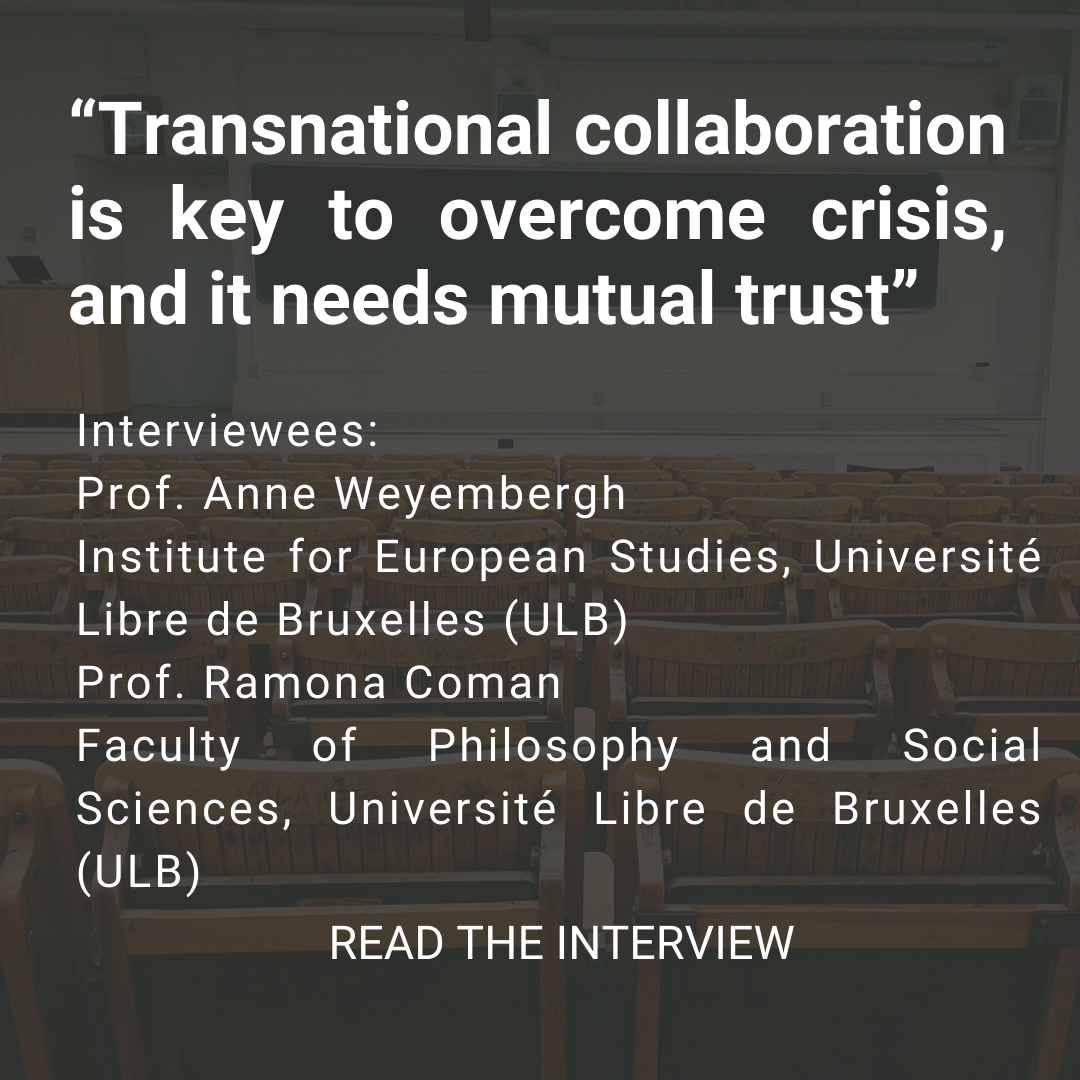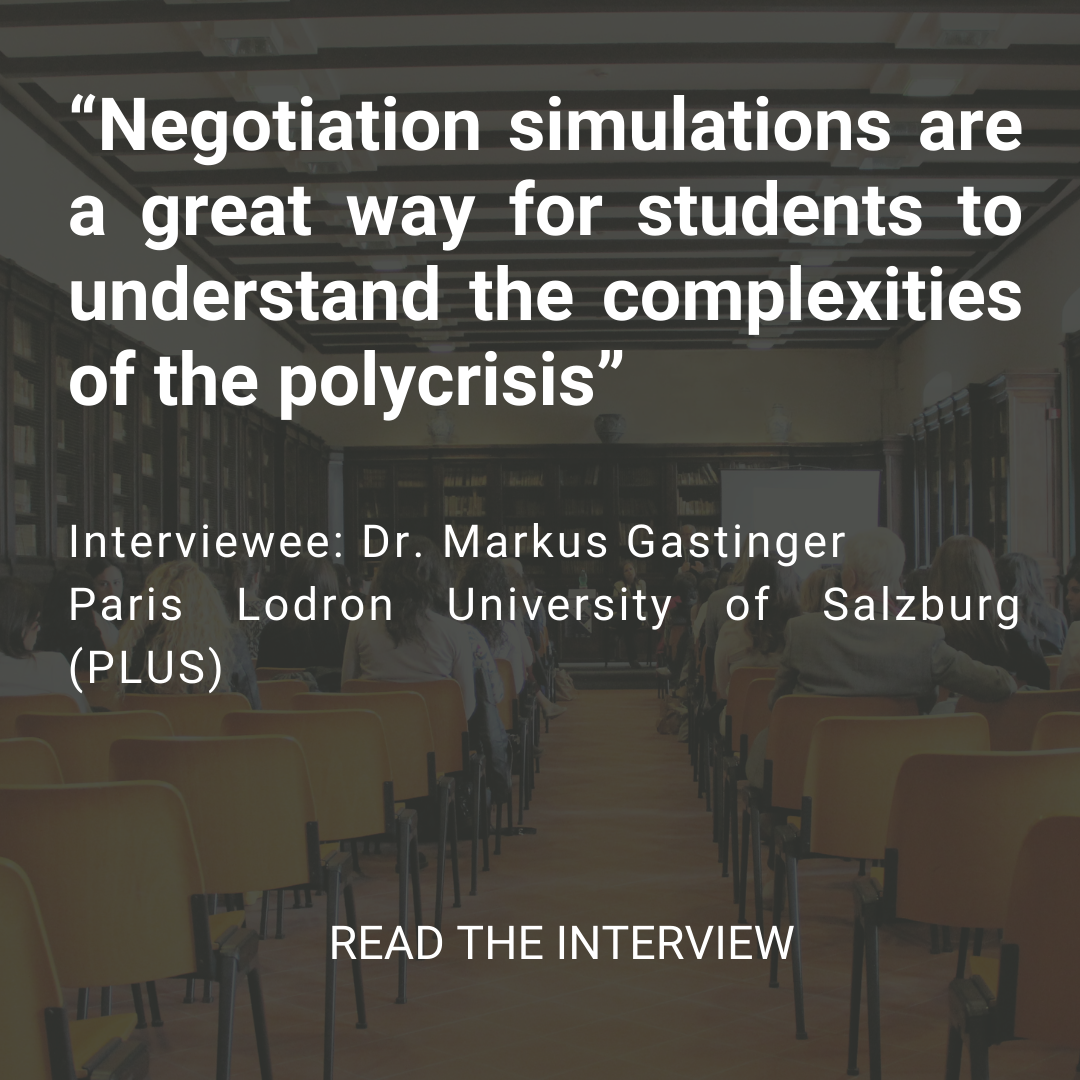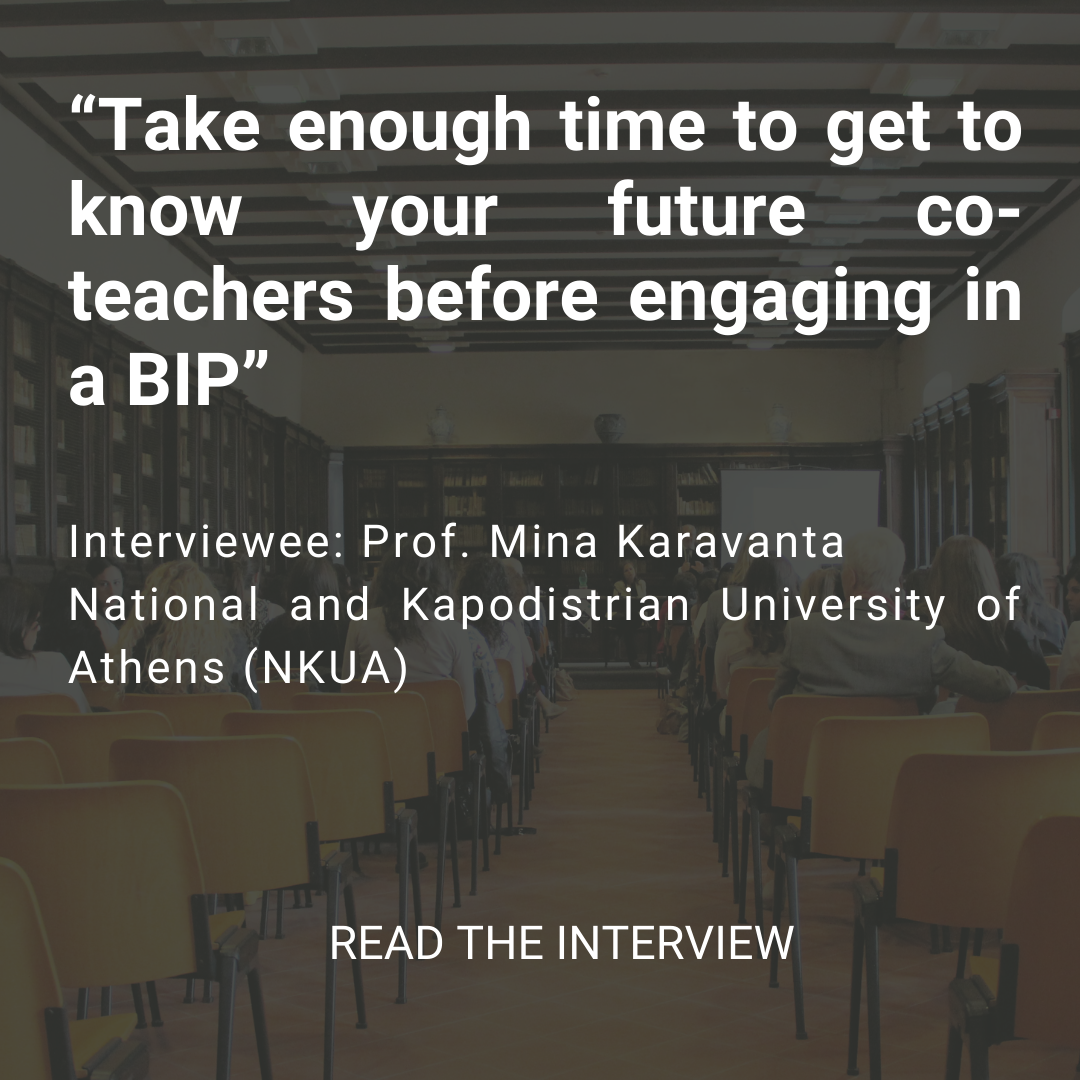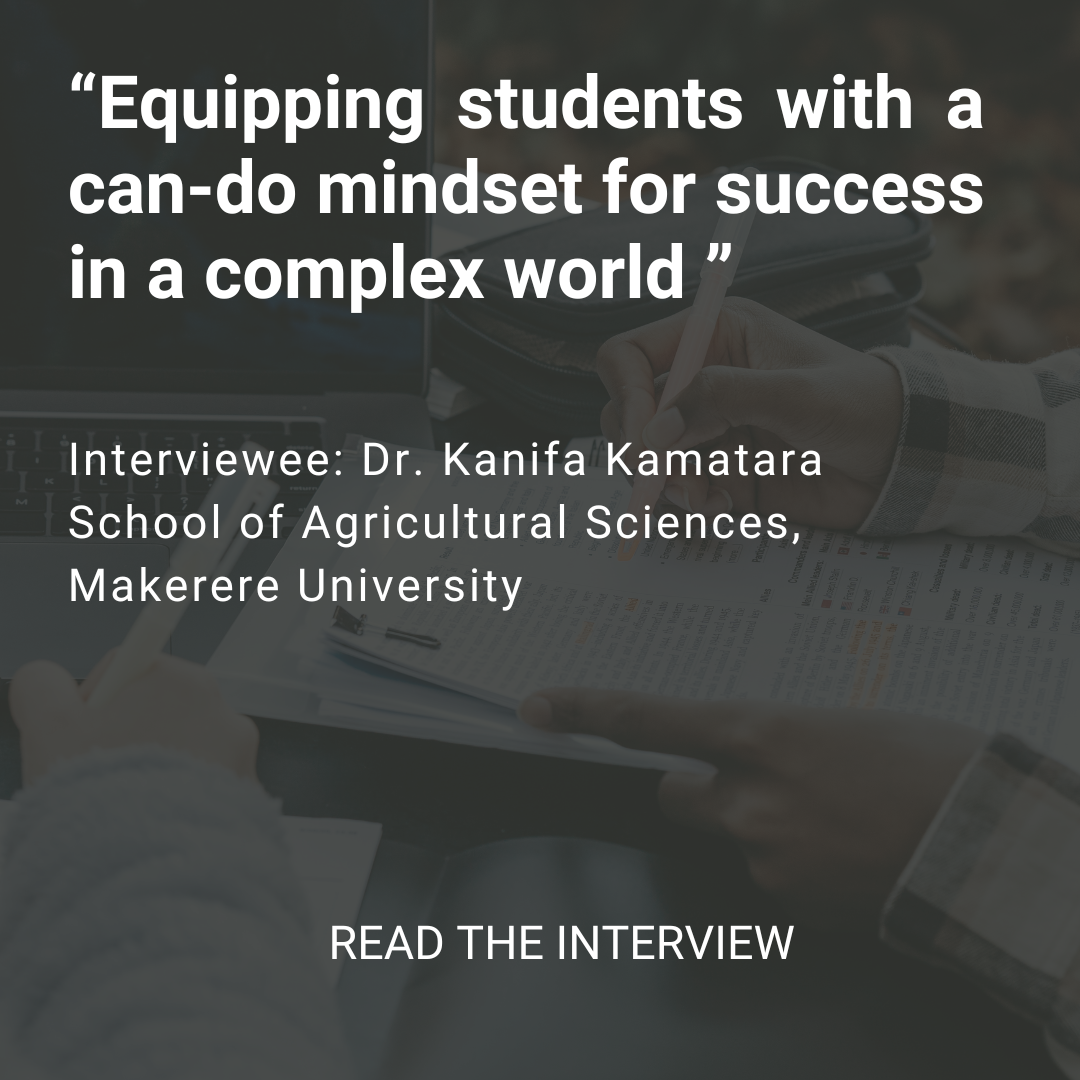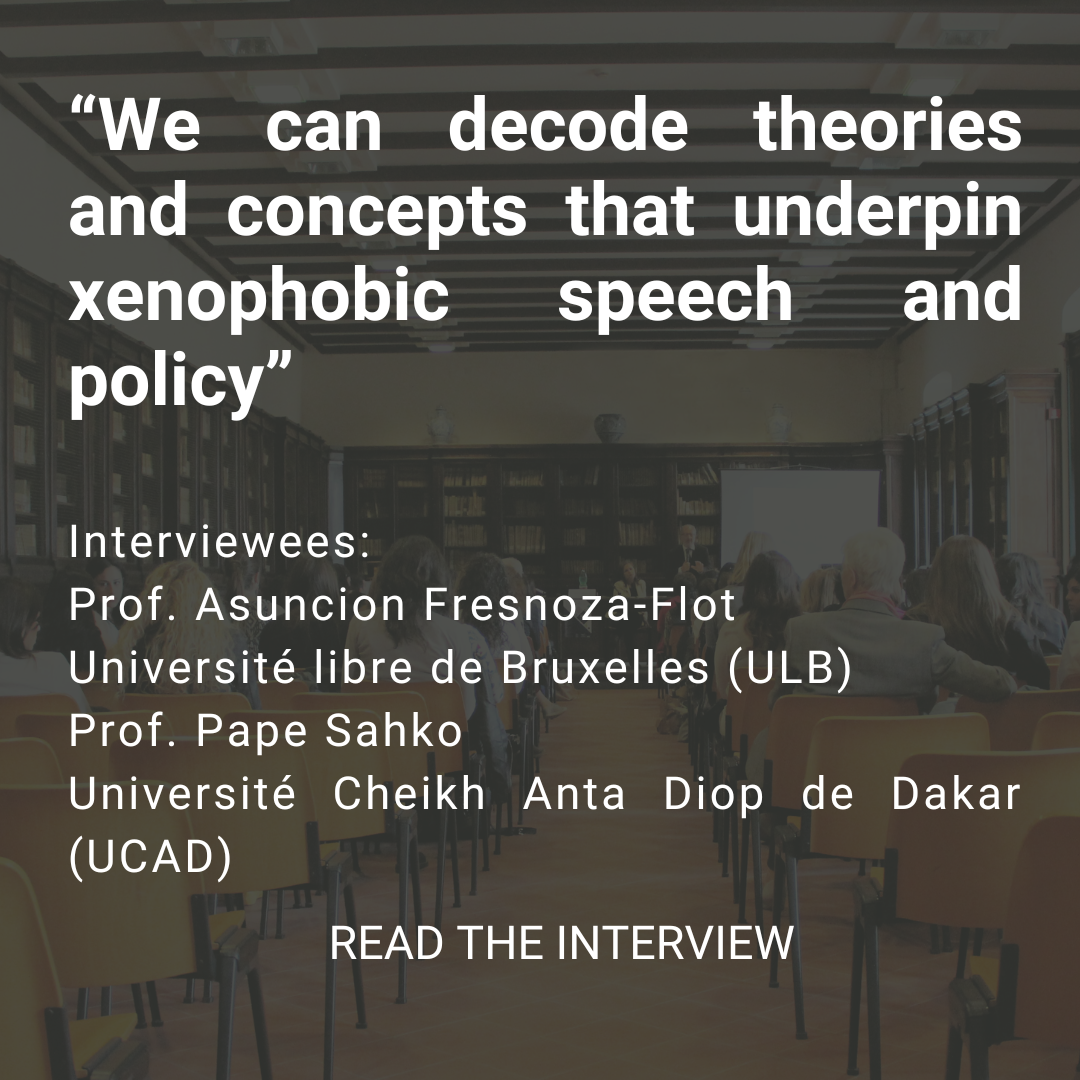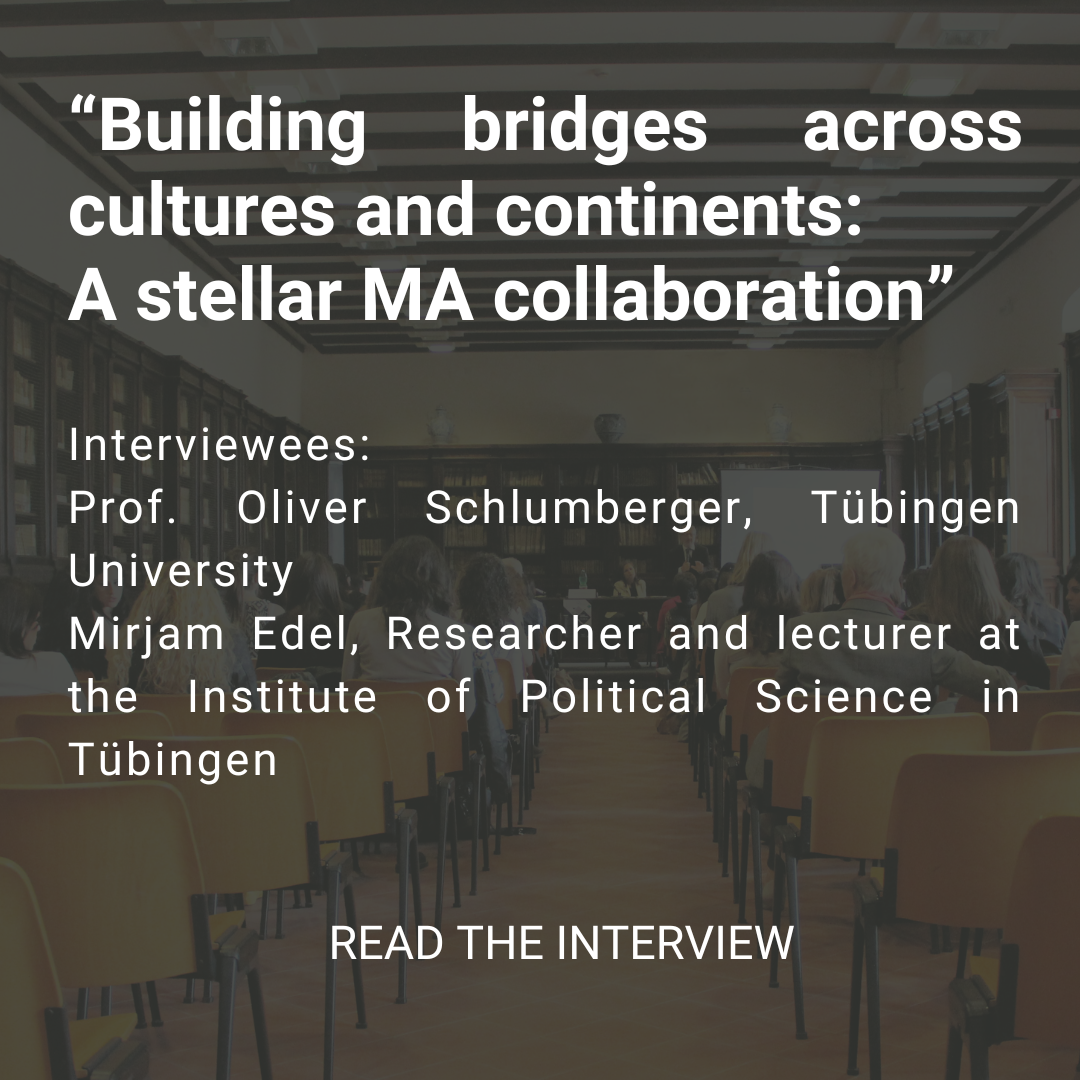News and opportunities
Enhancing Skills in Polycrisis Management: African and European Approaches
Dear students,
Are you interested in enhancing your skills in polycrisis management? We are excited to introduce “Enhancing Skills in Polycrisis Management: African & European Approaches”, a unique opportunity to strengthen your knowledge through a programme that combines online learning with in-person sessions in Kampala in July 2026.
This BIP is part of the PolyCIVIS network and offers valuable insights into managing complex, interconnected crises from both African and European perspectives.
We are thrilled to announce that this new Blended Intensive Programmes (BIP), developed through PolyCIVIS collaboration, is now open for enrolment until 30 October 2025!
Practical info:
- 8 May – 10 July 2026
- Physical mobility in Kampala, Uganda (6–10 July 2026)
- 3 ECTS
Participants will explore how overlapping crises unfold — from climate change and food insecurity to migration and governance challenges — and work collaboratively to design practical, context-sensitive solutions.
Through online sessions and in-person fieldwork in Kampala, Uganda, students will experience first-hand the power of intercultural dialogue and shared learning between continents.
Join a diverse community of students and academics shaping innovative approaches to understand and manage the global polycrisis.
PolyUnderstanding: Polycrisis, Fragility & Resilience
Dear students,
Are you interested in a foundational learning offering on polycrisis studies? We are excited to announce the BIP “PolyUnderstanding: Polycrisis, Fragility & Resilience”. This unique program brings together over 30 academic tutors from CIVIS Universities in Africa and Europe, alongside world-class experts from leading international organizations. The BIP combines online learning with in-person sessions in Athens in June 2026.
Practical info:
- 4 May - 29 June 2026
- Physical mobility in Athens, Greece (15-19 June 2026)
- 6 ECTS
This course invites students to reflect deeply on the concepts of fragility and resilience. By connecting insights from social sciences, environmental studies, and policy research, it offers a comprehensive understanding of how societies can withstand and adapt to crises.
Students will examine real-world examples from both European and African contexts, learning how local communities, governments, and international organisations respond to uncertainty and build resilience across systems.
Join a diverse community of students and academics shaping innovative approaches to understand and manage the global polycrisis.
Call closed.
Strategic Foresight BIP
Hosted by ULB | October 2025 | CIVIS Alliance
We live in a time of polycrisis that demand a new generation of thinkers equipped with the right tools to anticipate, respond, and lead. That’s where Strategic Foresight comes in, and where you can be part of the solution. This Blended Intensive Programme (BIP), developed under the CIVIS Alliance, seeks to cultivate these essential skills in graduate students, enabling them to become effective agents of change in the face of the polycrisis.
BIP Programme at a Glance
Virtual Component
October to December 2025 | 6 interactive sessions
(12 hours + 12 hours of independent work)
Delivered via MS Teams & CIVIS virtual campus
In-Person Winter School
Brussels, Institut d’Études Européennes – Université libre de Bruxelles
26–30 January 2026
Includes workshops, visits to EU institutions, group simulations, and a final public conference.
Who Should Apply?
- Master’s from CIVIS universities and PolyCIVIS African partner academic institutions.
- Fields: political science, law, EU studies, public health, urban planning, climate studies, economics, development studies, geo-informatics, and related areas.
- Students with an interest in policy innovation, global governance, and societal resilience.
ECTS & Certification
Participation equals 3 ECTS credits
Certificate of completion will be provided
APPLY NOW



